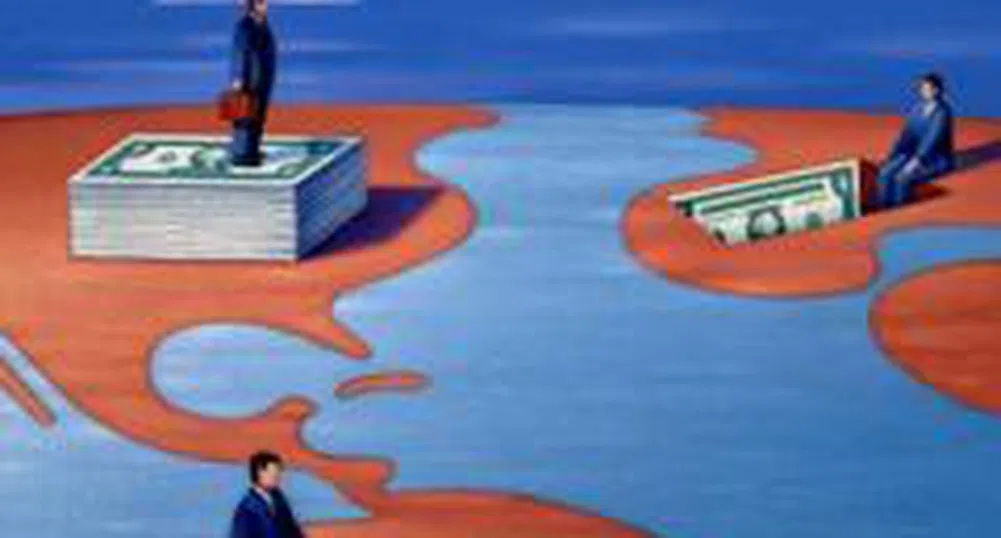Luxembourg the richest, Bulgaria the poorest

Luxembourg citizens are the richest in the 27-country European Union, over seven times more than the bottom-ranked Bulgarians, data showed, underlining the wealth divide between the bloc’s new and old member states.
Luxembourg’s gross domestic product (GDP) per capita, expressed in purchasing power standards, was 280 units – two and a half times the 110 average of the 13-member euro zone in 2006, the EU statistics office said.
In Bulgaria, GDP per capita in purchasing power standards was 37 units. The EU average was 100 units.
The Luxembourg result is partly thanks to large numbers of cross-border workers who contribute to its GDP, but are not taken into consideration as part of the resident population used to calculate GDP per inhabitant of the land-locked Grand Duchy.
Ten eastern European, mostly former communist states joined the EU in 2004 while Romania and Bulgaria entered the bloc this year, expanding it to 27 countries.
The new members, as well as older counterparts Greece and Portugal, have GDP per capita well below the EU average.
Non-EU member Norway came second in wealth terms in Europe with 186 units while Ireland, once among the poorest European nations, was third-richest with 146 units.
The biggest of the EU states that joined in 2004, Poland, had only half the average EU GDP per capita. Cyprus, Slovenia, the Czech Republic and Malta were closest to the average with scores between 77 and 92 units.
Europe’s biggest economies – Germany, Britain, France, Italy and Spain – were slightly above the EU average in a range of 118 to 103 units.
The purchasing power standard (PPS) is an artificial reference currency unit that eliminates price level differences between countries.
One PPS buys the same volume of goods and services in all countries, allowing volume comparisons of economic indicators across countries.
)
&format=webp)

&format=webp)
&format=webp)
&format=webp)